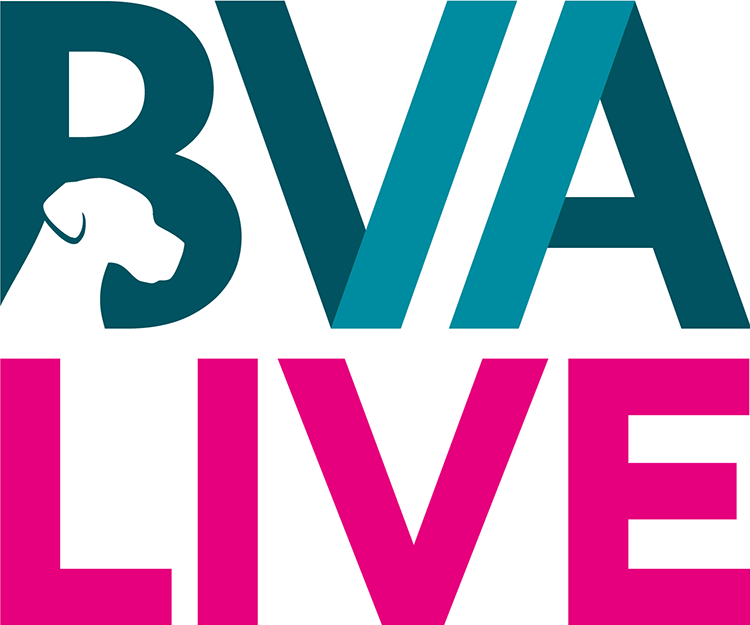Get to Know Sara Jackson: ECC expert helping teams thrive in challenging environments
)
Q: Could you share with us the highlights of your career journey leading to your roles as an Advanced Practitioner in ECC, Area Clinical Manager at Vets Now Limited, and as a speaker at the BVA Live 2024 event?
A: I entered the field of Veterinary Medicine as a mature student, qualifying at age 33. Initially, I was a typically disillusioned vet, until I met my boss, Richard White, at Vets Now. He has played a pivotal role in my growth as a veterinarian, a leader, and as a person. The highlight of this journey has been the overwhelming support and encouragement I’ve received, which has enabled me to gain clinical experience. and set me on a journey to help teams thrive in challenging environments. This includes reflecting on mistakes using “Just” culture and learning all about “civility saves lives”.
Q: Reflecting on your career thus far, what achievements or milestones are you most proud of and why?
A: This is an incredibly difficult question because my initial response is “What HAVE I achieved?”. Sounding like an imposter, huh? But if I were to acknowledge an accomplishment, I was recently nominated for an award at work. Here's what the nomination said:
‘Sara is always so kind and caring, always checking in and always has an ear for me and will give me frank and honest advice with empathy. Thank you, Sara, please keep being you!’
When it comes to career milestones, learning to reframe my tough days to celebrate positives has been truly transformative.
Q: Your first lecture at BVA Live 2024 is titled 'Saving Lives by Reducing Stress: A Pragmatic Approach to Cardiac Emergencies,' focusing on practical strategies within ECC. Why do you think people should attend the session?
A: When I chose this title, I was considering both our stress as practitioners, and the stress experienced by our patients. The anticipation of a collapsed or dyspnoeic patient's arrival can be incredibly stressful for us. However, reducing patient stress is crucial, as it can ultimately save lives. By providing hints and tips for treating these patients and being content with contextualised care, we can help maximise staff cognitive bandwidth. As first opinion practitioners, we can ultimately lead to an improvement in patient safety.
Q: Your second lecture, taking place in the Business Theatre, is titled 'Feeling overwhelmed? How to help you and your team reduce cognitive overload on shift.' Could you provide a brief overview of the practical skills and techniques that attendees can expect to learn and apply from the lecture?
A: Feeling overwhelmed often triggers our fight, flight or freeze responses. During a hectic shift or when squeezing another client, we tend to revert to these basic reactions. This lecture aims to help people recognise when they are feeling overwhelmed and explore ways to mitigate that. The goal is to enable professionals to feel like you are thriving rather than just surviving. Strategies discussed during my lecture will include understanding the benefits of pre-briefs, debriefs, rally points, and maintaining situational awareness.
Q: Finally, what advice would you like to share with individuals who are at the start of their veterinary careers?
A: Be self-compassionate and find your ‘safe’ people. Remember, we all experience emotional ups and down, and we all make mistakes. Surround yourself with empathetic people who can help you reflect and learn and who are focused on supporting your development. Learn to celebrate the parts of your day that went well, rather than dwelling on what didn't.






)
)
)
)
)
)
)




